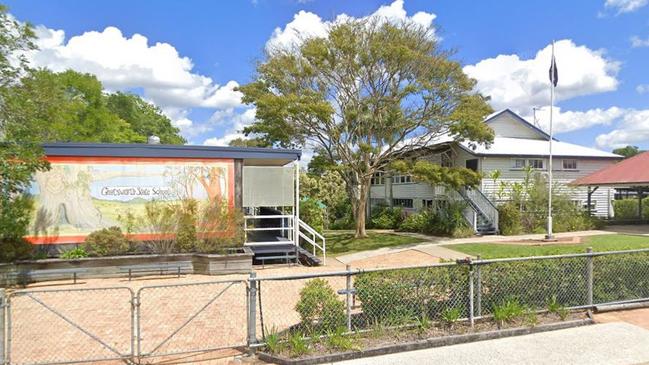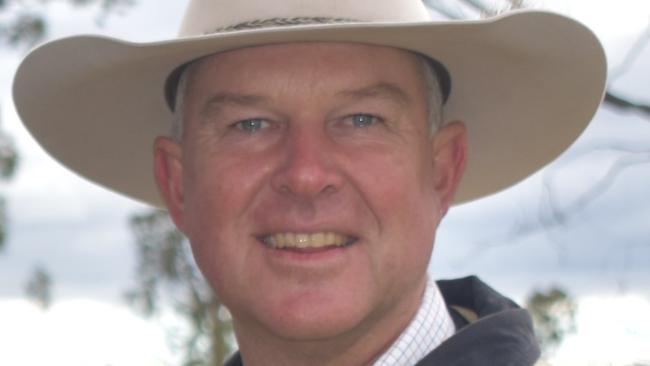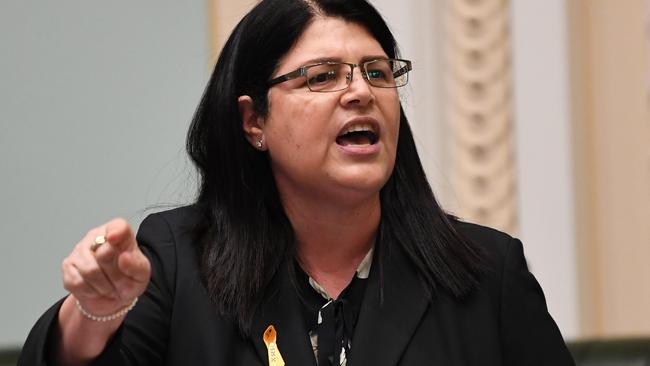Gympie schools included in statewide music subject cull
After a mother and teacher in the Wide Bay voiced concerns about music lessons decreasing at a local school, it’s been revealed the trend is far-reaching.
Gympie
Don't miss out on the headlines from Gympie. Followed categories will be added to My News.
State primary schools across Queensland are reducing and even eliminating music classes from their curriculum to make way for other subjects.
The revelation comes after concerns were raised by parents in the Gympie regions about music classes being culled at local schools.
On Monday, the Gympie Times reported a mother and teacher were fighting a decision at Chatsworth State School which had been without a specialist music teacher since the end of semester one.
Since, then, Queensland Teachers Union Vice President Leah Olsson has claimed the scaling back of the subject is an ongoing issues throughout many schools in Queensland.

She said it began when the Queensland Education Department released a Curriculum Assessment Reporting Framework (CARF) in 2021.
“It has actually reduced music to make way for other subject areas in the arts,” she said.
This had lead some schools to make changes within their curriculum and in some cases, music was no longer taught at all.

Gympie MP Tony Perrett said he was approached by several teachers from the Gympie region, and wrote to Education Minister Grace Grace about the issue in August.
“I am advised some schools are cutting, minimising, or eliminating their music programs and that this is because of a lack of clear direction from the Department of Education,” he wrote.
The Minister responded to Mr Perrett’s letter on September 30, and said the department acknowledged the important of arts as a learning area.
“At a minimum, schools are required to provide The Arts in at least one semester in each band of years (Prep to Year two, Years three and four, and years five and six),” she wrote.

But Ms Olsson said this was not good enough, and the subject was important for young students.
“Research indicates that continuous music has a significant impact on a child’s brain development, so students can create new and innovative ideas, and there’s improvements in social and emotional developments,” she said.
Music teachers who are affected by their school’s changes would not lose their jobs, and instead be repurposed elsewhere, according to Ms Olsson.
“If it’s not continued to be taught in a continuous way, it’s going to impacting on our band programs, our instrumental programs,” she said.
“The teachers union will continue to raise the issue with the department and work with them on this issue.”





